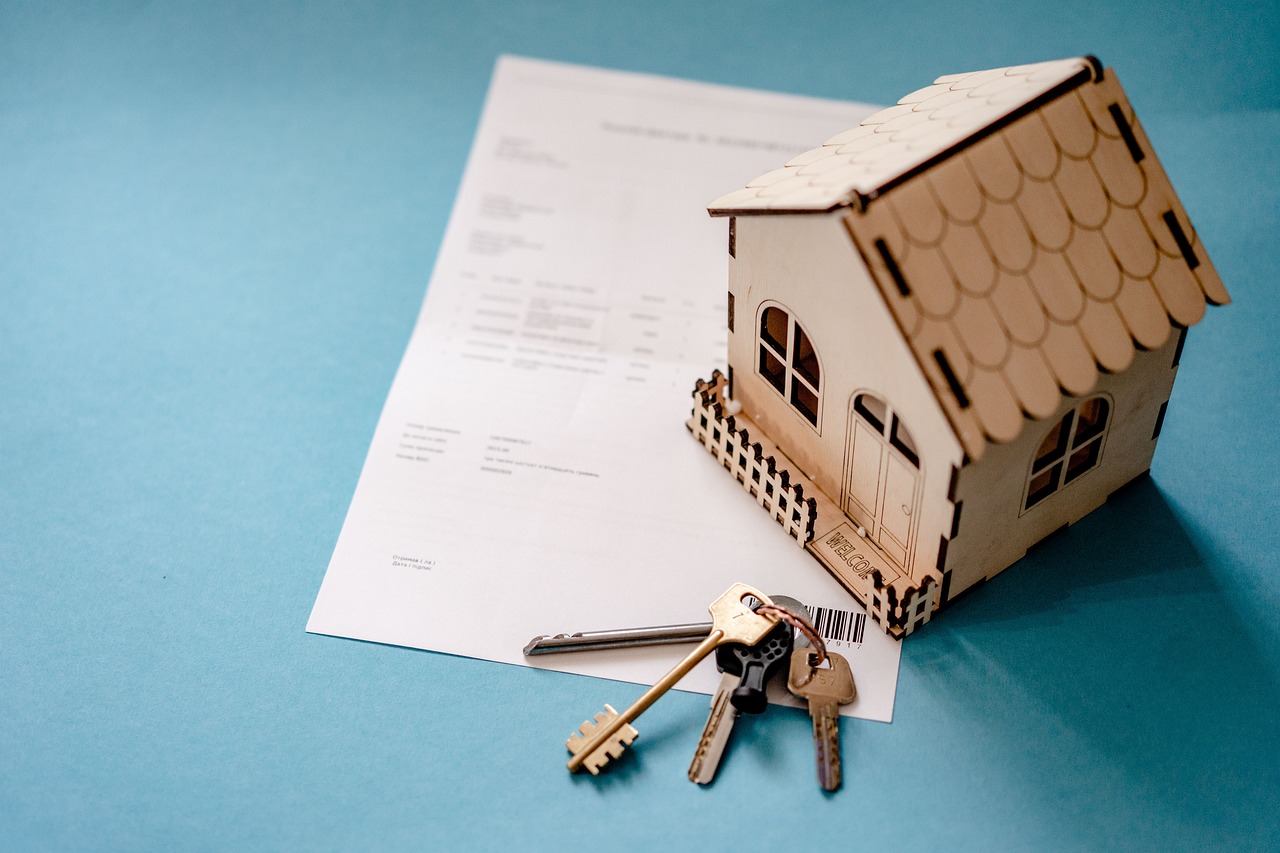- How to Prevent Rust on Your Hand Tools - June 3, 2025
- This DIY Project Only Requires 3 Tools—Perfect for Beginners - June 3, 2025
- The Easiest DIY Pergola Project You Can Actually Finish - May 29, 2025
Imagine waking up one morning to find your dream home has become a financial trap, or discovering a costly disaster that could have been prevented with just a little extra attention. The truth is, homeownership comes with hidden risks that can turn your safe haven into a source of endless stress. But there’s good news—by taking a few smart steps right now, you can protect your home, your wallet, and your peace of mind. Don’t let a simple oversight cost you thousands or put your family at risk. Here’s what every homeowner must check—right now—to avoid a devastating surprise.
1. The Crucial Power of Home Inspections
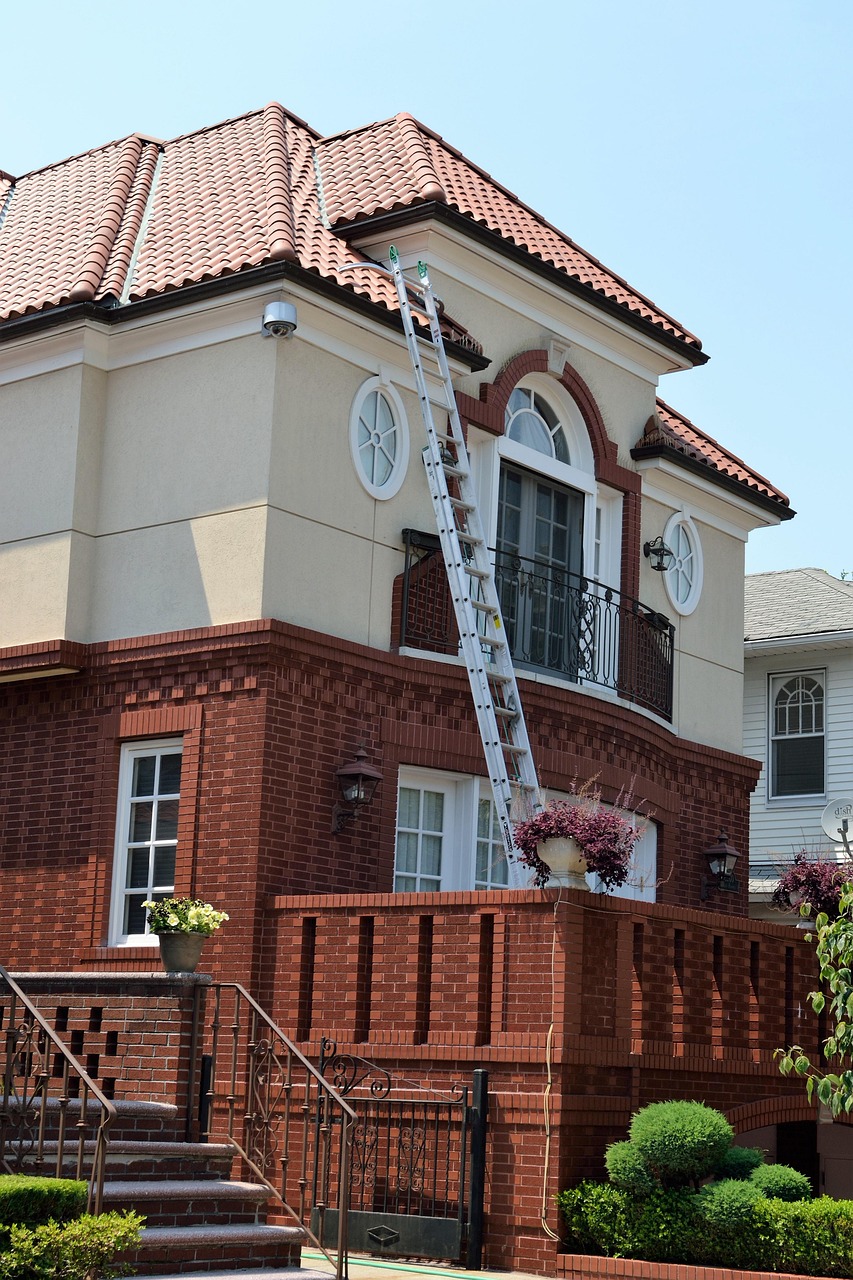
Home inspections are the front line of defense against hidden headaches. According to the American Society of Home Inspectors, nearly 90% of buyers get a home inspection before closing, and for good reason. Inspectors dig deep, finding problems that aren’t visible to the untrained eye—like faulty wiring, hidden mold, or lurking water damage. If you skip this step, you might not discover a cracked foundation or leaky roof until it’s too late. It’s not just about peace of mind; it’s about avoiding repair bills that can easily soar into the tens of thousands. Always hire a certified inspector, walk through the home with them, and ask lots of questions. Their expertise can uncover issues that could otherwise turn into a full-blown nightmare down the road.
2. Don’t Overlook Title Insurance—Your Legal Lifesaver

Title insurance is something many buyers ignore, but it can save you from losing your home or shelling out big bucks on legal fees. The American Land Title Association reports that about 25% of real estate deals run into title problems—like old liens, unknown heirs, or even outright fraud. Without title insurance, you could find yourself fighting for ownership in court, or worse, losing your investment entirely. This one-time purchase during closing covers you for as long as you own the home. It’s a small expense compared to the security it provides, and it can mean the difference between keeping your home and losing everything to a paperwork error.
3. Homeowner’s Insurance: Don’t Be Underprotected
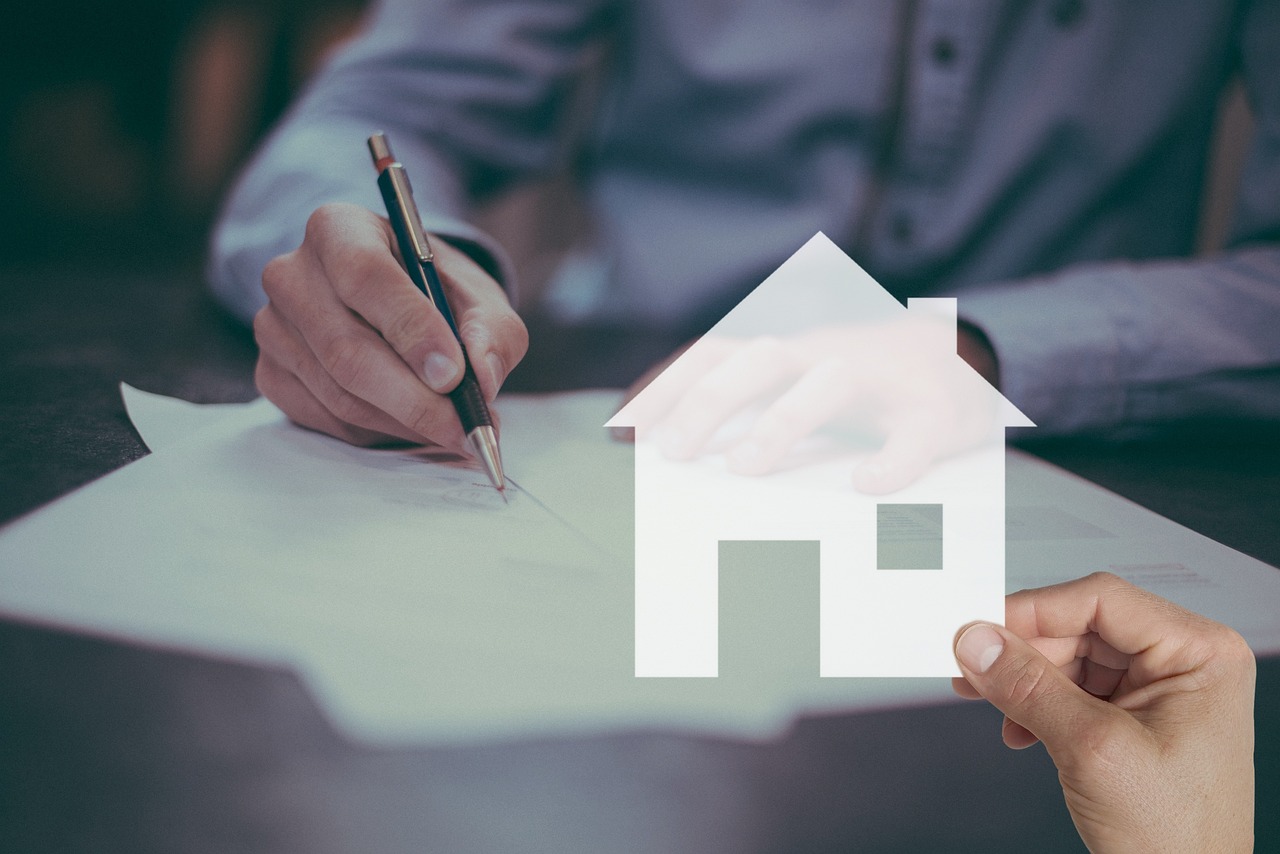
Insurance isn’t just a formality—it’s your safety net when disaster strikes. The National Association of Insurance Commissioners says the average annual premium is around $1,200, but that figure hides a big risk: underinsurance. Many homeowners think they’re covered, only to discover gaps when they need help most. For instance, some policies don’t cover flood or earthquake damage, and personal belongings may not be fully protected. Review your policy line by line and talk to your agent about what’s really included. Make sure your coverage matches your home’s value and your needs. Adjust your policy as your circumstances change—don’t wait for a crisis to find out you’re not covered.
4. Maintenance: The Silent Saver
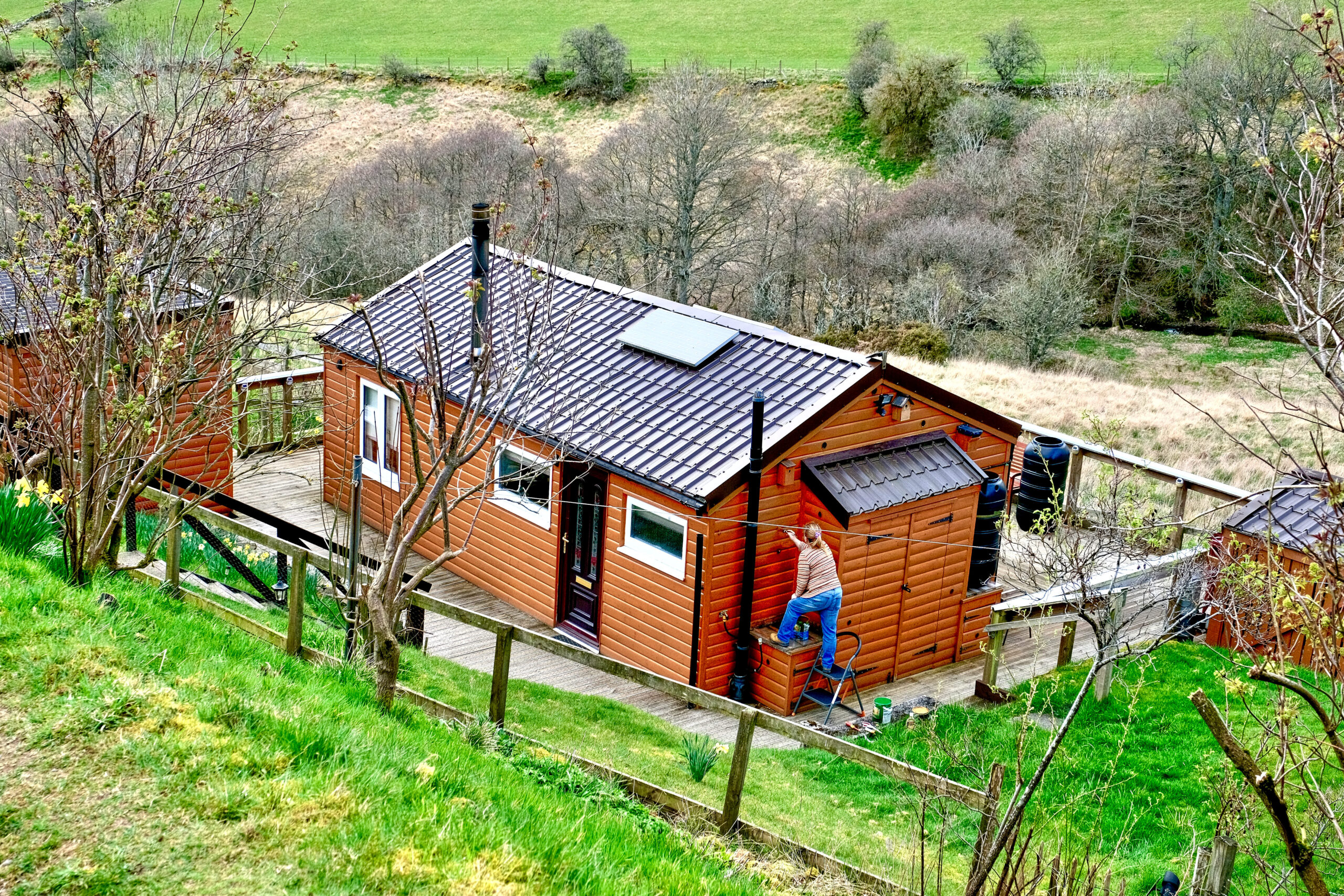
Regular maintenance is the unsung hero of homeownership. According to the National Association of Realtors, setting aside 1% of your home’s value each year for upkeep can save you from massive repair bills later. This includes cleaning gutters, checking for leaks, servicing your HVAC system, and inspecting your roof. Simple, routine tasks like these can prevent emergencies, such as water damage from a clogged drain or a broken furnace in the middle of winter. Neglecting upkeep may seem like saving money, but it almost always leads to bigger, more expensive problems. A well-maintained home not only keeps you safe but also preserves your property’s value if you ever decide to sell.
5. Stay Ahead of Property Taxes
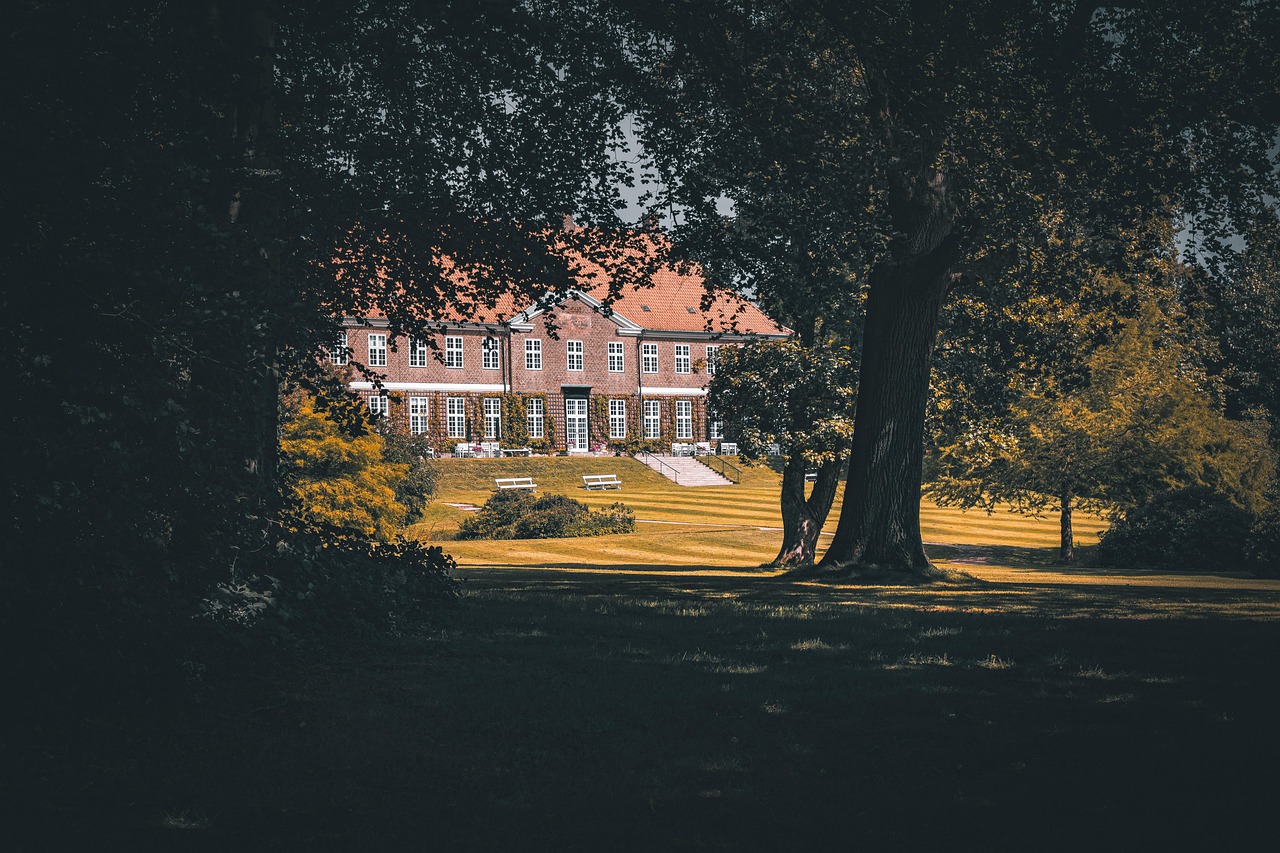
Property taxes can sneak up on homeowners and turn a dream home into a financial strain. The Tax Foundation notes that the average effective property tax rate is 1.1%, but in some areas, it’s much higher. These rates can change with little warning, especially if local governments need to raise revenue. Failing to account for these costs can throw your household budget into chaos. Research your local rates before buying and keep an eye on local government meetings where tax changes are discussed. Set aside money each month so you’re never caught off guard by the annual bill. Planning ahead can save you from unpleasant surprises and help you manage your finances with confidence.
6. Know Your Rights—And Stand Your Ground

Owning a home comes with important legal protections, but not everyone knows their rights. The Fair Housing Act makes it illegal for sellers, landlords, or lenders to discriminate based on race, religion, sex, or other protected categories. If you feel you’re being treated unfairly, you have the right to seek help and demand justice. Understanding your rights also means knowing your responsibilities, like respecting neighborhood covenants or following local building codes. If something feels wrong—such as a sudden notice of foreclosure or a discriminatory policy—don’t hesitate to seek legal advice. Being proactive can mean the difference between losing your home and standing your ground.
7. DIY Renovations: When to Call in the Pros
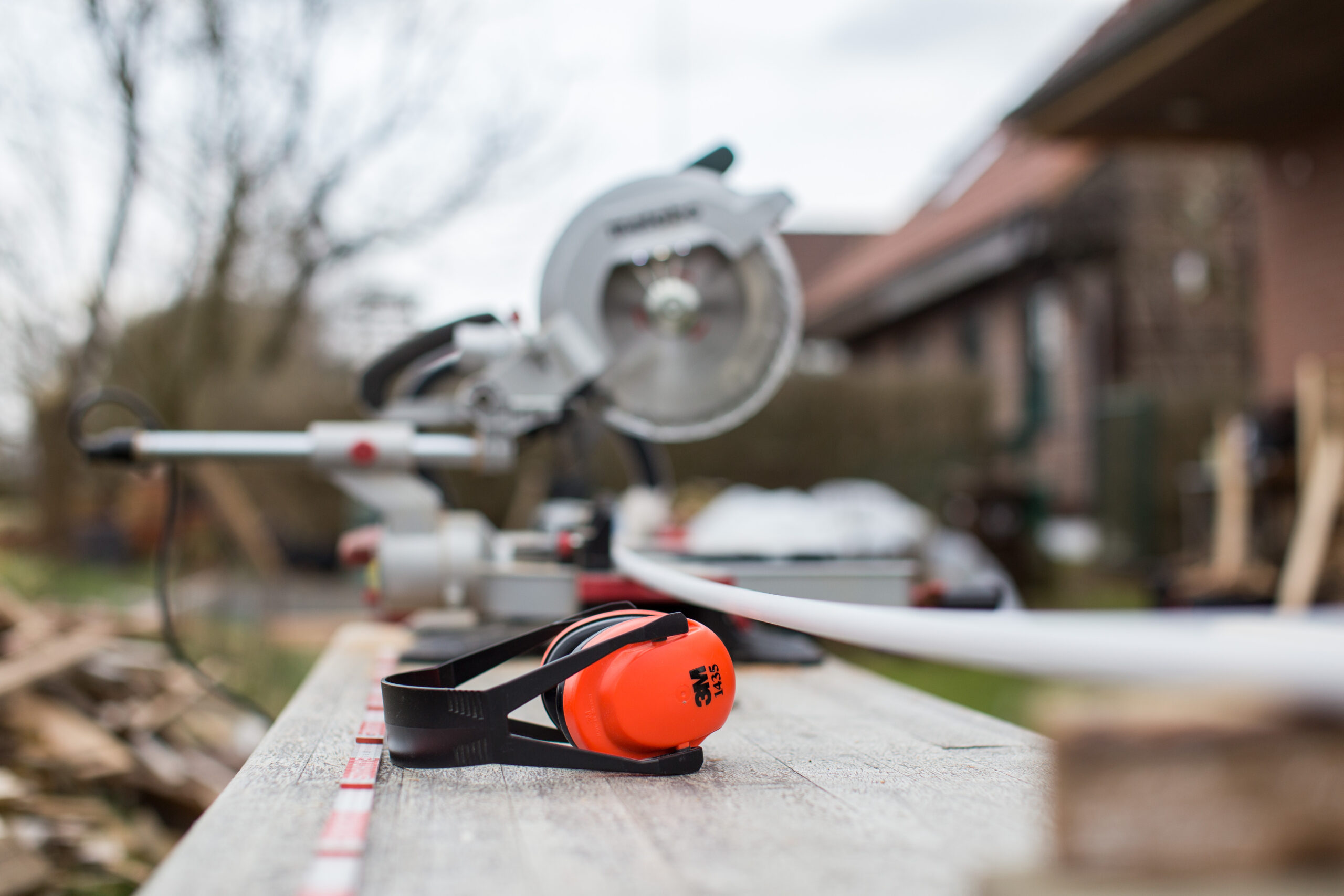
DIY projects can be fun and save money, but they also carry hidden dangers. HomeAdvisor’s survey found that homeowners spend an average of $13,000 on renovations—and mistakes can double that cost. Poorly done electrical work, plumbing mishaps, or botched structural changes can lower your home’s value and even endanger your family. Before starting any major project, honestly assess your skills. For anything beyond painting or basic repairs, consider hiring a licensed contractor. The upfront investment in professional help can prevent long-term headaches and expensive fixes.
8. Watch the Market—Your Investment Depends on It
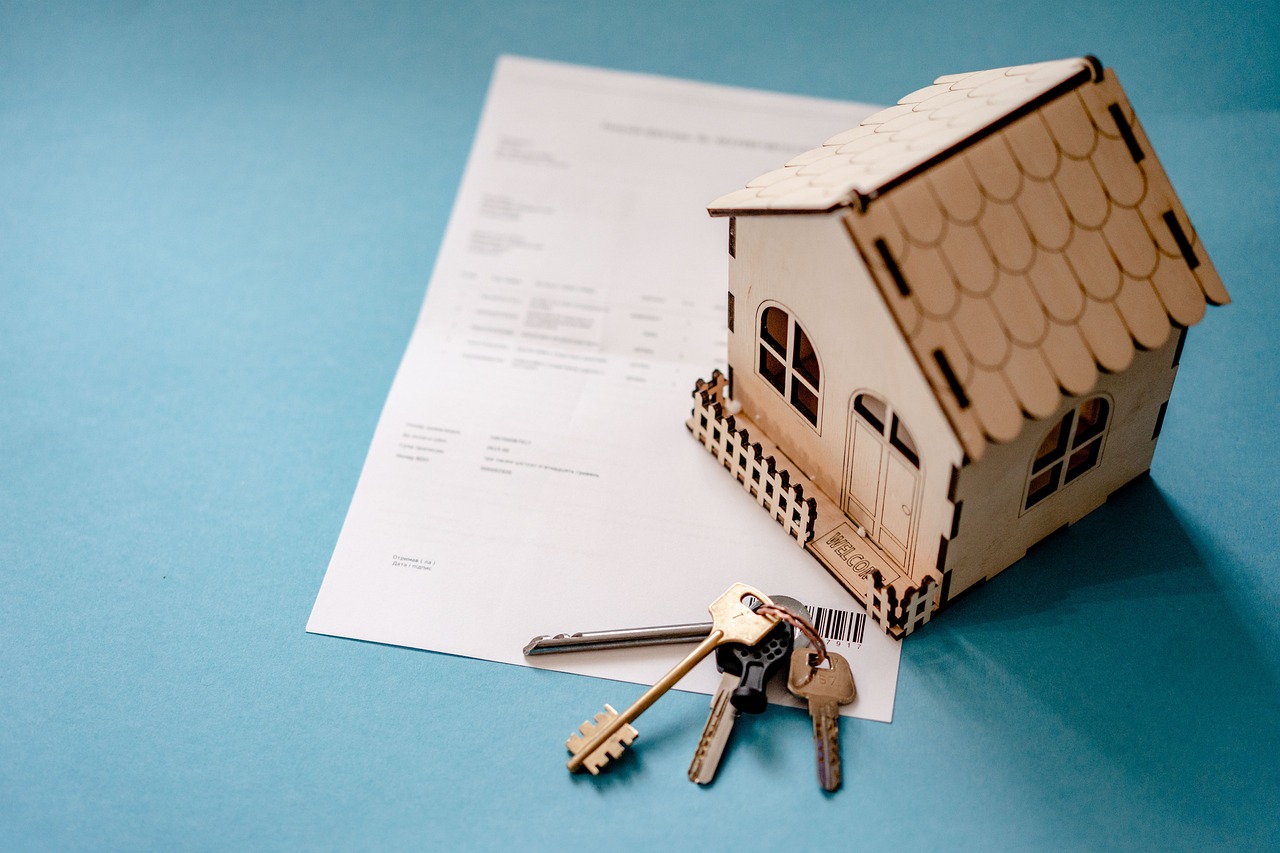
Home values can rise quickly, but they can also fall just as fast. Zillow reported an astonishing 19.6% jump in home prices from 2020 to 2021, but that pace isn’t guaranteed to last. Economic shifts, rising interest rates, or local downturns can cause values to drop, sometimes suddenly. Stay informed about the real estate market in your area. Consult with agents and pay attention to news about interest rates or major employers moving in or out of your community. Knowing the trends can help you decide when it’s time to refinance, sell, or hold on for better days.
9. The Importance of Emergency Preparedness

Natural disasters don’t discriminate, and every home is vulnerable to something—be it wildfires, hurricanes, floods, or tornadoes. Recent years have seen a sharp increase in severe weather events, leaving many homeowners unprepared. Create an emergency plan for your family, stock up on essentials, and know your evacuation routes. Make sure your insurance policy covers the most likely risks for your area, and keep important documents in a safe, accessible place. Being ready for the unexpected can save lives and prevent major losses when disaster strikes.
10. Your Neighborhood: More Than Just a Location

The community around your home impacts your everyday life and your property’s long-term value. Rising crime rates, poor schools, or neglected infrastructure can drive down home prices and make your neighborhood less desirable. Before buying, check local crime statistics, talk to neighbors, and visit at different times of day. Get involved in community groups or neighborhood watch programs to help keep your area safe and thriving. The strength of your neighborhood is just as important as the condition of your house—don’t overlook it when making decisions about your home.
What would you check first to avoid a homeowner nightmare?

